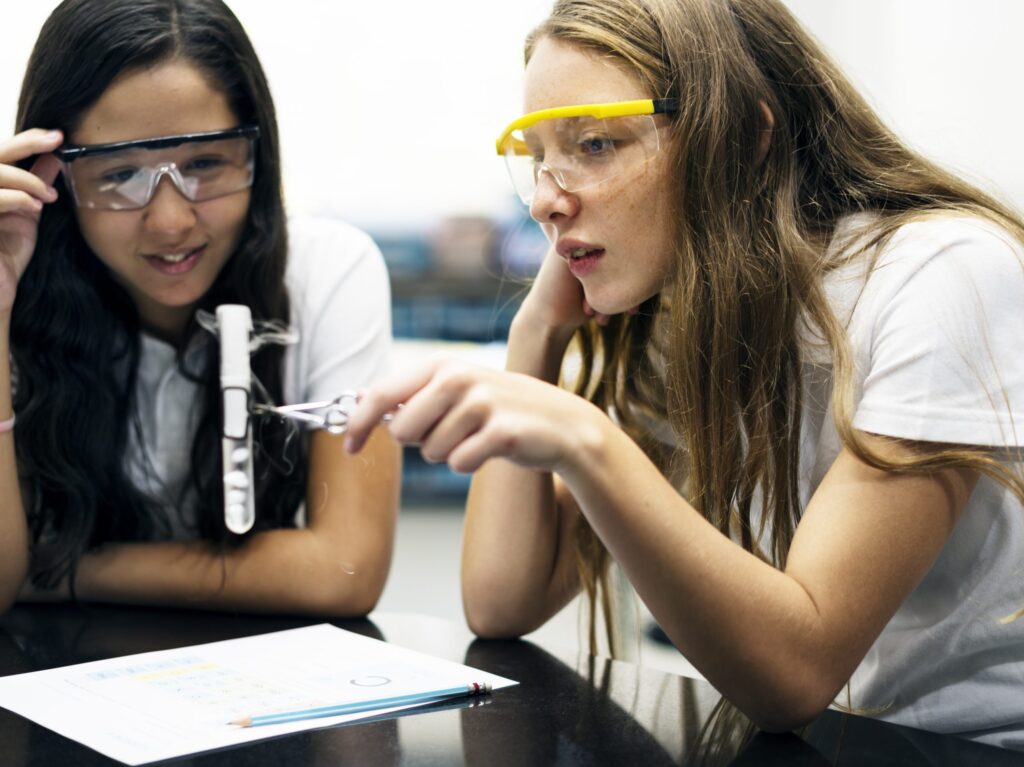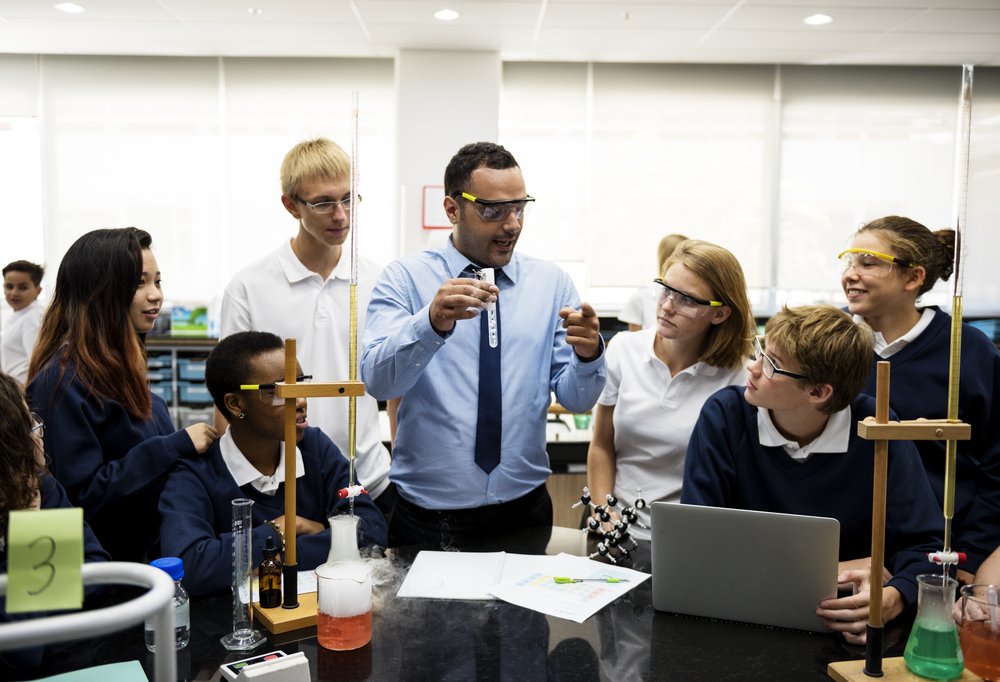Are you wondering what has really changed in the GCSE science specifications for first teaching in 2011?
Is the content of the GCSEs really the same?
-The Programme of Study hasn’t changed, so the content and HSW processes for GCSE Science (‘core’) are pretty much the same. 100% of this is specified by Ofqual. There has, however, been some reorganisation within the specifications.
-Additional Science has only around two thirds of the content specified by Ofqual, so Awarding Bodies have taken the opportunity to consult with teachers to clarify expectations and ‘tidy up’ areas of content.
-Separate Sciences have around half of the content specified by Ofqual so there is more that is distinctive about these; Awarding Bodies have taken this opportunity to change some content.
-Additional Applied Science has 100% of the content specified. 60% of the marks are awarded from controlled assessments.
There is no choice of contexts studied; coverage of a balanced range of concepts is required.
And what about assessment?
-All courses, apart from Additional Applied, have controlled assessment worth 25% of the marks. The remaining 75% of marks are equally split between two or three external assessment units. For some of you this represents a marked reduction in the number of assessment units.
-There is a phased introduction of the assessment units; not all of them will be available from the outset. Science is first available for accreditation in 2012 followed by other courses in 2013.
-Students can take one re-sit of each assessment unit (including the controlled assessment). The higher mark counts, though this is over-ridden by the ‘40% rule’ (see below).
-The ‘40% rule’ stipulates that at least 40% of the marks for a course have to be allocated at the end of the course, when the marks are ‘cashed in’ and the grade awarded.
-There is more emphasis on maths and practical work. Students with more opportunities to engage with practical activities will be better equipped for controlled assessments.
-The suite of Controlled Assessments will change every twelve months, though they may be published earlier.
-All assessment units have to include a balanced range of types of questions. These may include objective questions, single word answers, sentence completion and extended written responses.
-Three Assessment Objectives (AOs) will be tested. AO1 requires that students recall, select and communicate their knowledge and understanding of science; AO2 that students apply skills, knowledge and understanding of science in practical and other context; AO3 that students analyse and evaluate evidence, make reasoned judgments and draw conclusions based on evidence.
-Candidates will be assessed on the Quality of Written Communication. Candidates must ensure that text is legible and that spelling, punctuation and grammar are accurate so that meaning is clear, select and use a form and style of writing appropriate to purpose and to complex subject matter and organise information clearly and coherently, using specialist vocabulary when appropriate. QWC will be assessed via responses to longer response questions.
-How Science Works is clearly stipulated and is embedded in the specifications. Generally speaking the abilities will be assessed via the controlled assessments and the knowledge and understanding part, such as ‘how and why decisions about science and technology are made’ will be assessed in the external assessments.
Ed Walsh, Science Adviser with Cornwall Learning.


